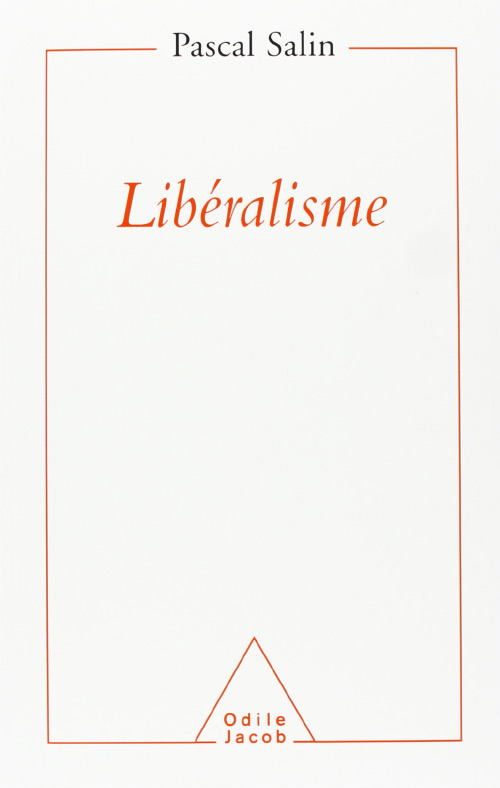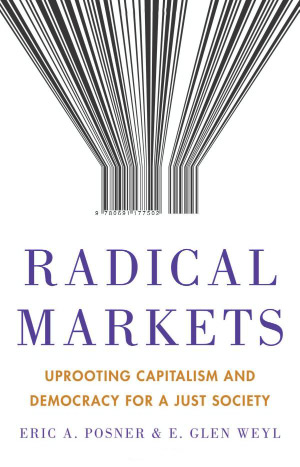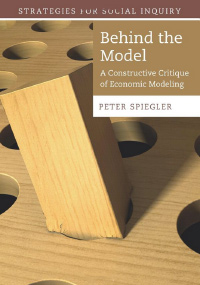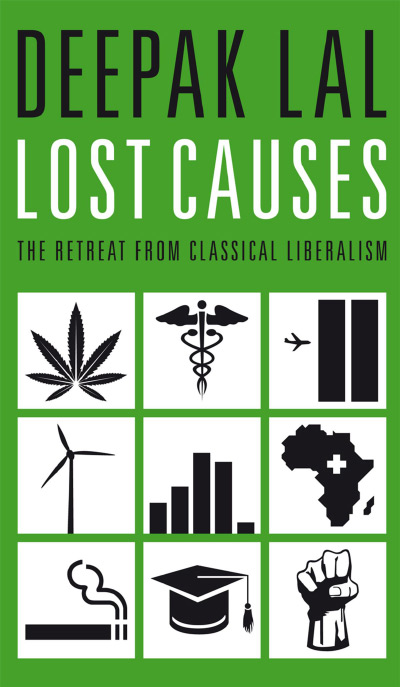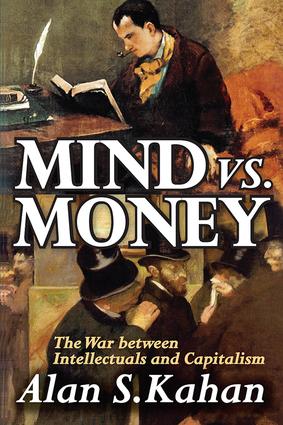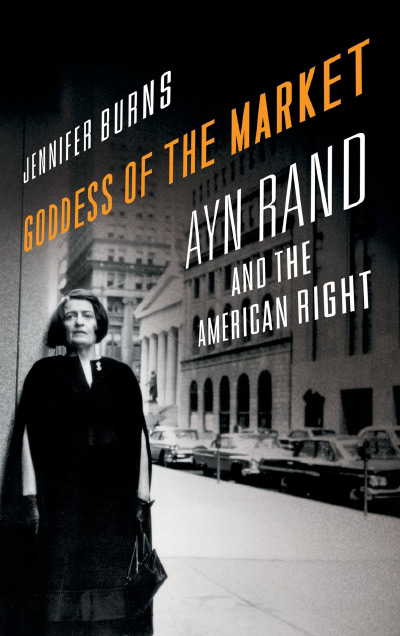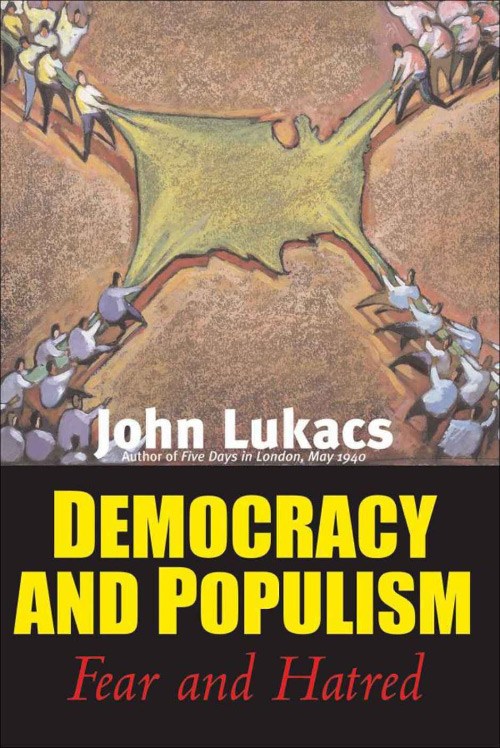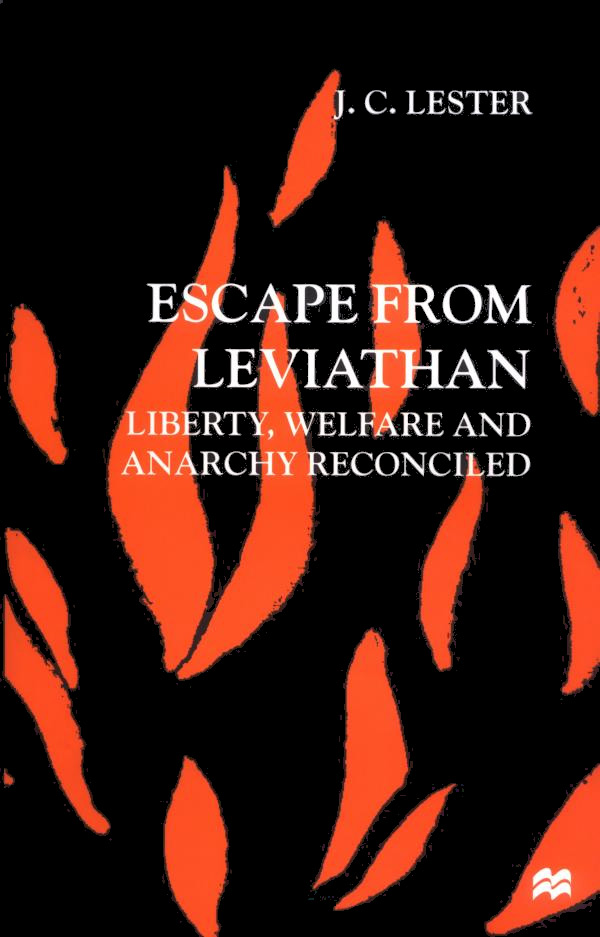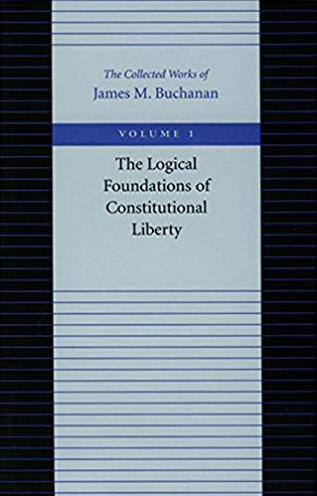Liberalisme is a beautifully written book that seeks to shock the French into understanding what freedom is and why it is important for creating prosperity. In France, as in many other countries, to be a liberal means to celebrate a government that takes from some to give to others. Salin explains that such a use of the term is a perversion of the conception of freedom.
To be free means to have a right to property and a right to exchange that property as one sees fit. As Salin writes, freedom and property are inseparable. From this premise, the author constructs a coherent account of how markets might work in the best interests of all if only government stopped meddling with property rights. He explains how property rights evolve and how government can rearrange those rights to transfer income away from those who have cultivated property to those who wish to seize its fruits. He discusses tobacco regulation, labor-market laws, and macroeconomic policy with a view to showing how policies intended to serve the greater good can end up filling the saddlebags of a few highwaymen dressed in the livery of public servants.
Salin informs us that his book is based on a “true conception of man.” Man desires freedom, which he puts to use in a reasoned manner. Man’s reasons for acting are subjective and outside the ability of economics to analyze with data. Economists who seek to model demand and supply or to carry out controlled experiments in psychology laboratories are “scientistics,” a breed of quack who applies scientific methods to quantities that cannot be measured or, if measured, cannot be found to be related to each other in a systematic manner (p. 55). Instead of appealing to data, which Salin scorns, the true liberal begins with a realistic conception of man and deduces what sort of society is best. The method of deduction is the only true science and cannot be separated from liberalism (p. 41). Only a liberal of Salin’s ilk can be a humanist, for, as he states, “humanism is indissociable from liberalism.” An economist such as Milton Friedman—who employs statistical analysis and therefore is willing on occasion to allow the data to tell him that government might productively lay its hand on the economy—cannot have a true respect for the individual.
Most scholars think that science is a method of testing beliefs based on trial and error, and that theories are skins that rub away under the friction of contrary facts. By defining irrefutable deductions from unassailable assumptions as science, Salin taps into the tremendous sympathy with which most scholars understand the word science. Hegel also considered himself a scientist. He believed that he could deduce every truth about society from the majesty of his dialectics and his theory of essences. Both Hegel and Salin wish to lift their wisdom up by the hair of logic and to synthesize reality from pure thought. They present views of the world that are as irrefutable as the statement “the universe and everything we perceive in it came into existence five seconds ago.” Their systems of thought belong to what mainstream scientists would call metaphysics, or religion.
Religions encourage imperialism; true believers spend much of their time chasing down heretics. Salin devotes the first third of his book to blackening what he calls “utilitarian liberals.” These wayward folk do not base their recommendations for the ideal society on principles of liberty, but rather on an attitude that studies the facts to see when restrictions on liberty might help to increase measurable indexes of welfare, such as national income. Salin lacks faith in the meaning of such indexes. Those who would allow government to tinker piecemeal with the economy are dupes who tack together the excuses that parasites in government need to paralyze the free man with the sting of taxation and regulation.
How are those with a deep sympathy for private markets but without Salin’s conception of the true nature of man to react to his dismissal of their piecemeal approach to freedom? There is enough room on the high ground of free-market thinking to admit Salin’s ideas for consideration, even though Salin would remove the rest of us from this peak. The difference of opinion, which is well worth debating, centers on whether a society of property rights and the free exchange of those rights can evolve without the need for some sort of compulsion.
Salin has an almost Manichean view of government. Government represents the illegitimate use of force. Democracy is the delusion that such force can be tamed or can ever be used morally. Government is a Grendel beating at the ramparts of man’s freedom-loving nature. In this respect, Salin resembles the interventionists he berates. Socialists believe that the market is evil and that capitalism is a devil preying on the weaknesses of workers. The view taking hold in mainstream social science is that man has impulses to steal and to produce, to be independent and to surrender his liberty for peace of mind. Once these contradictory impulses are granted, the need for force becomes clear, as do the reasons why men would willingly submit to force. Football coaches are ferocious with players who skip practice and loaf on the field. The best-loved coaches are those who check the impulse that any player might have to free ride on the efforts of his fellows. Life is full of ambiguities. Coaches may abuse their power. Football players are fortunate in that they can leave a team to join another.
If we transfer these insights to our consideration of government, we arrive at the practical conclusion that government is an extension of the free market, a method for producing goods whose benefits cannot be channeled to one individual. As with private markets, where efforts to tame cheating and stealing have led to innovations such as management consultants and leveraged buyouts, we should be on the lookout for similar innovations in government that could narrow the scope for the politician’s abuse of power. The ability to vote with one’s feet, direct democracy, electronic voting, frequent elections, unrestrained campaign spending that transmits information to voters about their choices—these are some of the options for restraining power and moving toward a match between what politicians produce and what voters wish to consume. The reader will search the pages of Salin’s book in vain for such insights. If Salin were to let himself speculate on how to improve government, he might concede the legitimacy of government and be forced either to renounce his “true conception of man” as a purely freedom-loving being or to admit that he, Salin, is as much a constructivist as the socialist utopians, who must first plant in man the seed of perfection before the ideal society can flower.
From a book so firmly committed to liberty, it would have been interesting to learn better what liberty means. Aleksandr Solzhenitsyn spent ten years in a labor camp and wrote that they were among the freest years of his life. He composed an epic poem of thousands of lines, enjoyed romances, and indulged in conversations with an abandon not possible in the outside world of social restraints. Americans, who live in one of the freest market economies in the world, complain of being stifled, and some of the most frustrated express their complaints with guns blazing in public places. Does some law of constant liberty dictate that no matter what political system rules their lives, men will find ways to be free? Liberty is an elusive concept, as challenging to thinkers today as it was to Jean Jacques Rousseau and John Stuart Mill in centuries past. Liberalisme does not advance or contribute to an understanding of this concept, yet it is not a book to be dismissed or belittled. Salin’s thoughts are those of a sensitive individual who laments government abuse of power. We need not accept his metaphysical system or his bombastic claims to absolute truth in order to sympathize with his sentiment and to appreciate the lucid and reasonable economic analysis presented in his book.


